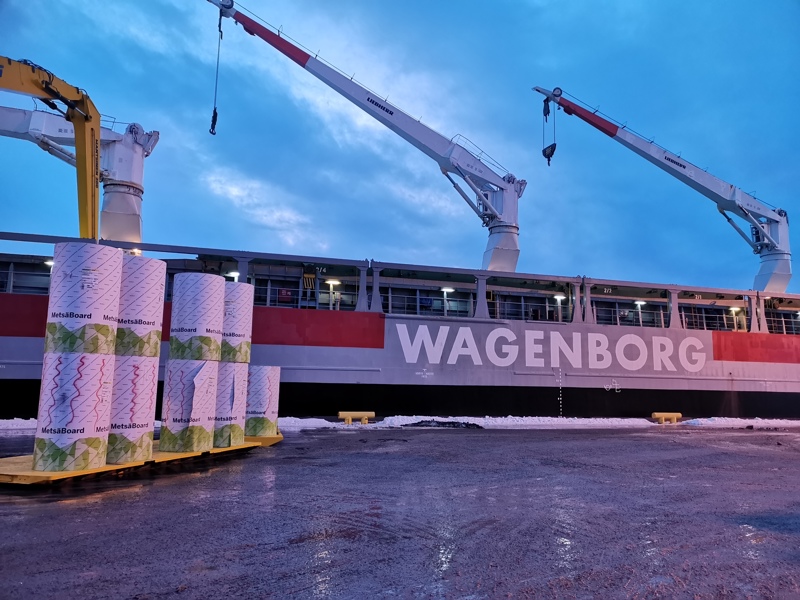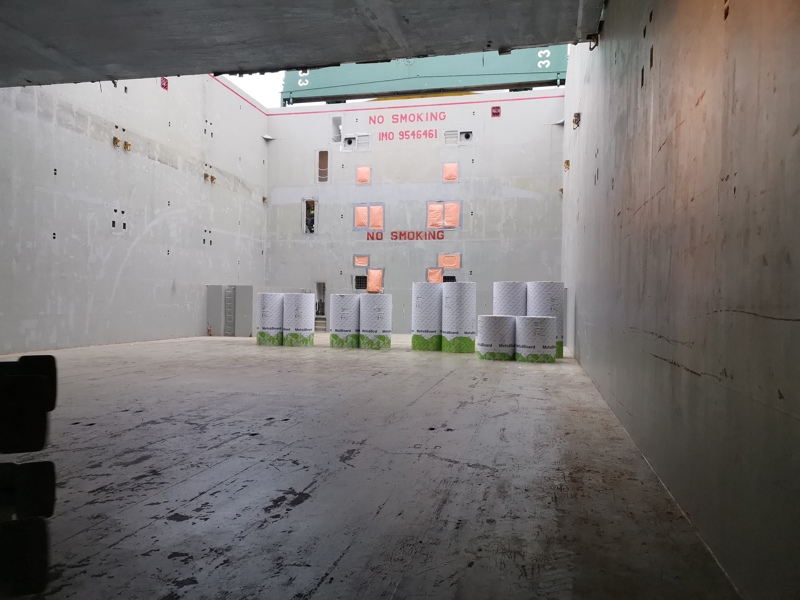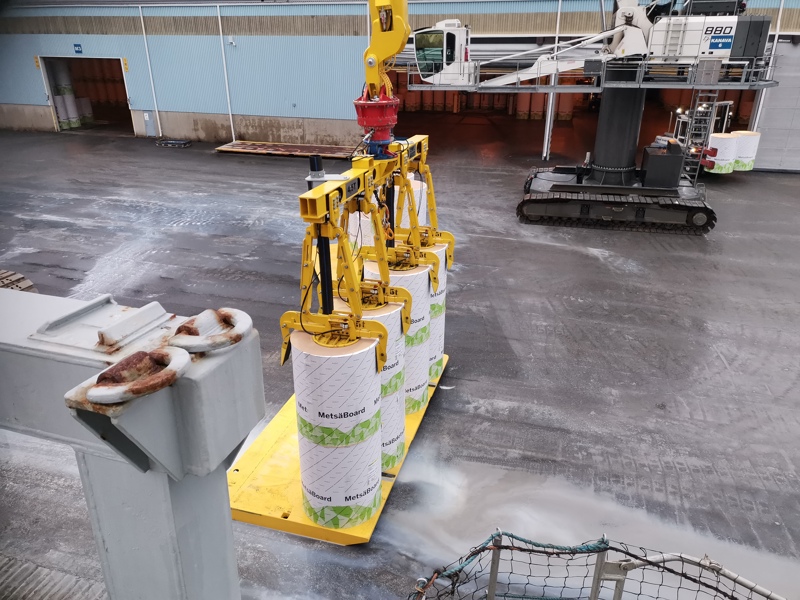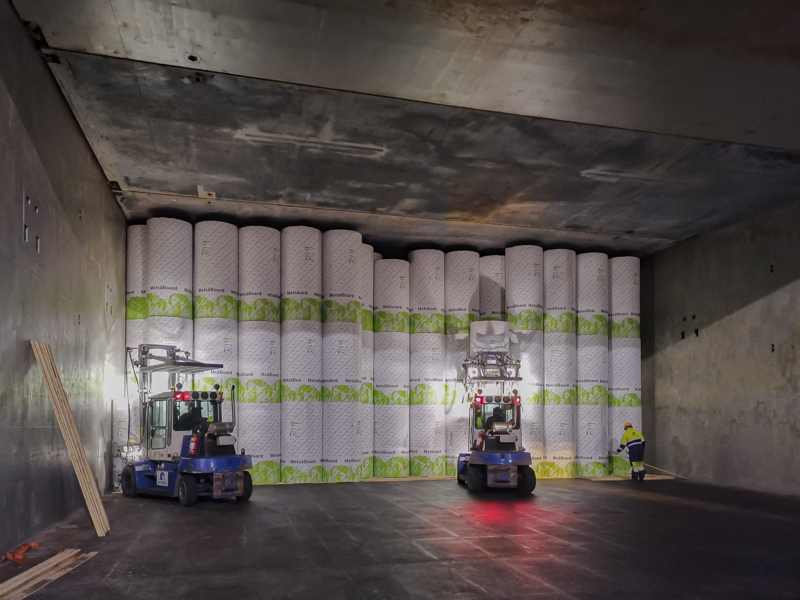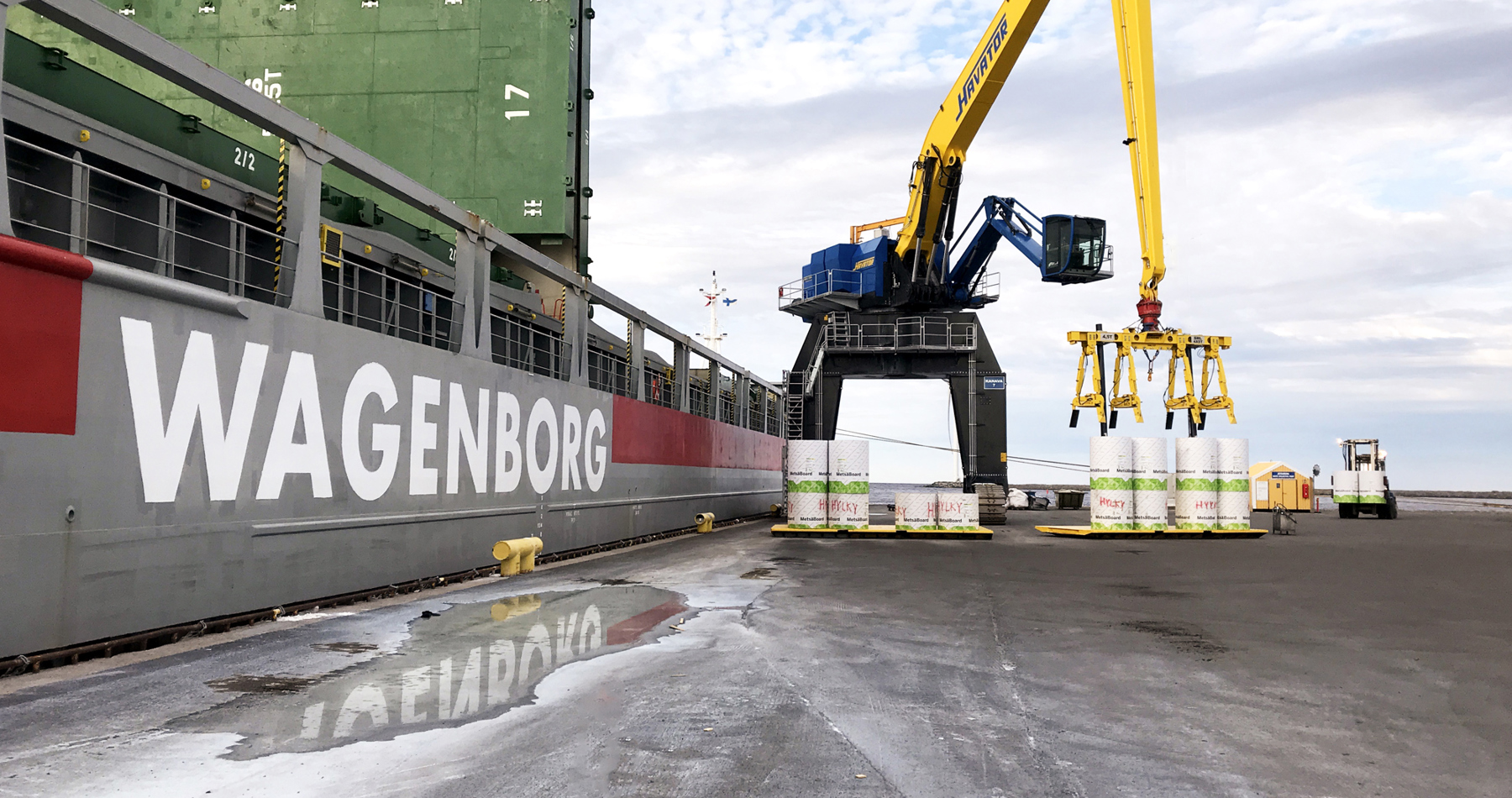
Metsä Group: "We select the partners we trust"
Jyrki Ranki has more than 25 years of experience in the Scandinavian forest industry and logistics. Ranki: “I started my career in 1993 as working for Metsä Fibre pulp company as a Logistics Manager. My main task was to create and operate a centralised maritime and port logistics solution and organisation for our wood pulp business.” In 2009 Ranki was appointed as a Vice President of Metsä Fibre Logistics after which he also became responsible for Metsä Group´s Scandinavian land transportation and port handling as a head of these operations one year later. After being appointed as Vice President of Metsä Group Maritime logistics in 2015, Ranki can look back on quite some developments within ‘his’ company.
A changing market
Nowadays customers’ consumer behaviour is influenced by environmental factors and a growing demand for forestry products is driven by online shopping. Ranki: “Over the past years I’ve seen changes in the demand for different forest industry products. Demand for packaging materials and pulp is growing, while demand for fine paper and newspapers is slightly declining. The change in demand is also partly reflected in the expansion of traditional market areas to basically the whole world. To make this transition we need to evaluate how we operate and deliver products to the market. Fact is that in a global competitive environment, those companies who are able to innovate tend to be the best. The same applies for the logistics companies.”
Innovation as a key driver for growth
Just like in many companies, Metsä has been investing in innovation as a main driven for growth. Ranki: “We have been investing about 4 billion euro’s in our plants and facilities. With these investments we work towards 2030 to create an entirely fossil-free production. By that time, our mills will use no fossil fuels at all, and our products will be made entirely out of fossil-free raw materials. In addition the production capacity will be increased. For instance, we invested 260 million euros in our fully automatic saw mill in Rauma, we are increasing our pulp production in Kemi to 1,5 million tonnes per year and in Kaskinen we are investigating the possibility of building a new folding box board factory with a capacity of 800,000 tons per year.”
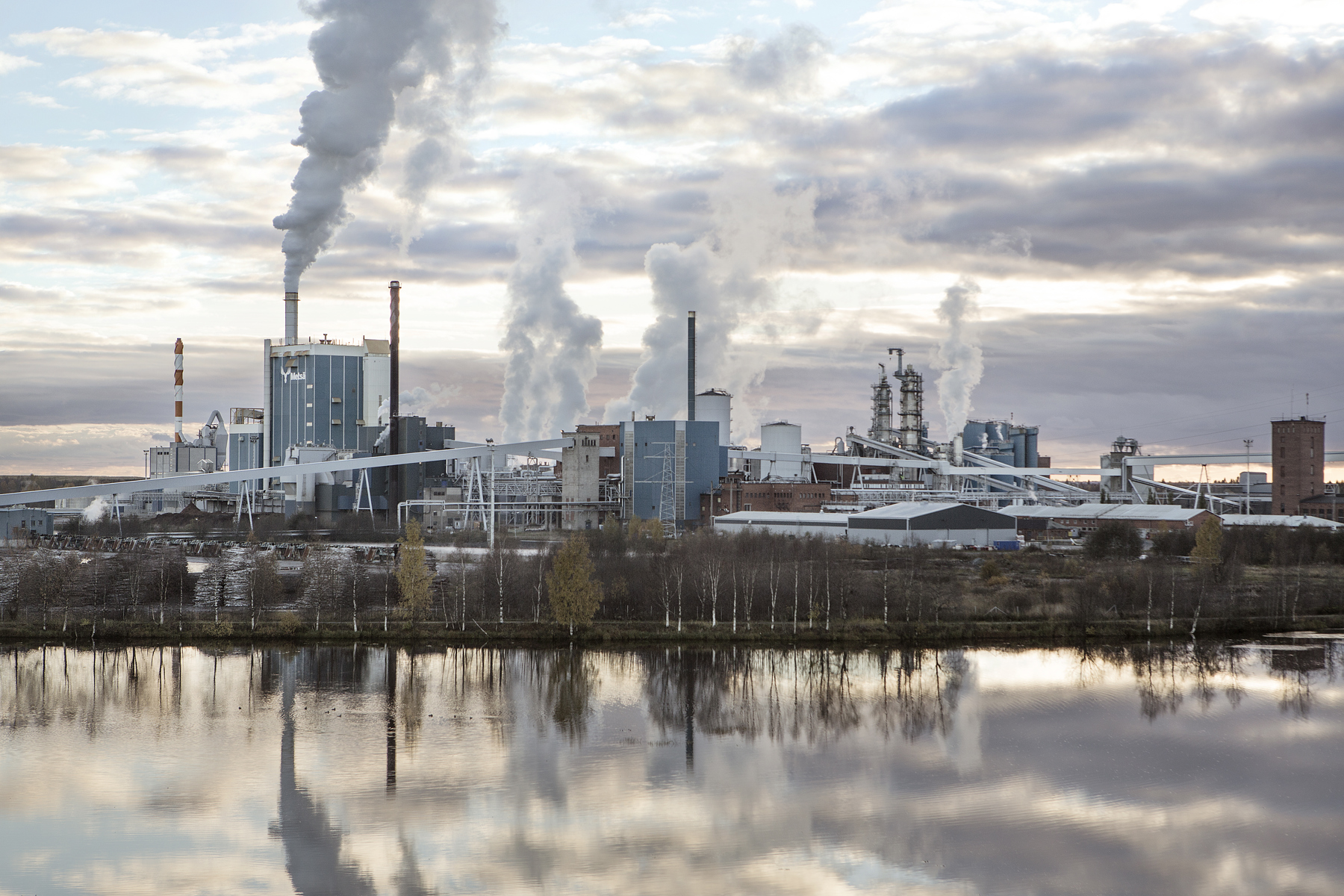
Rely on shipping
The growing volumes of various forest products need to be transported worldwide. Ranki: “Metsä Group is heavily centralized in Scandinavia. Although we use all kinds of transport modalities, we very much rely on shipping. About 90% of our export volumes are transported by sea to various European, American and Asian destinations.”
Over the past decade ship-owners in the multi-purpose shipping market suffered from lower demand. This, led to a significant decline in number of ships. Aging ships disappeared from a growing market and are still hardly replaced by new buildings due to new and upcoming regulations in combination with sustainability demand. Ranki: “It is tough and difficult when we talk about the supply of conventional ships. And new regulations, such as the emission trading system, will make these structural challenges even more complicated. Selecting the right shipping partner is essential for us.”
Mentality
Metsä Group and Wagenborg are doing business together a long time. “In the late nineties we started our US paper trade with Wagenborg. I think Hans (Kroon, director Wagenborg Shipping North America) is still very proud of the first shipment of kraftliner board from Kemi to the US. We started with about 50.000 tonnes per year, but doing now about 250.000 tonnes and are growing towards 300.000 tonnes: this trade is Hans his baby”, Ranki smiles. “Metsä and Wagenborg have always investing a lot in their companies. That is why we were able to grow together. And that works out pretty well, since Finnish people and Dutch people have a similar mentality: we like open, transparent, hardworking people. A promise is a promise, schedules are met and ships and equipment are always in good shape. That is what quality shipping is about for us.”
Partnership
Nowadays, Metsä Group and Wagenborg are still doing business together. Ranki: “Wagenborg is one of our biggest shipping partners. We have common targets and basically need each other: Wagenborg has always been keen on investing in the right ice-classed tonnage for us and we do have the suitable products for these ships. We would like to continue this great cooperation for many more years and even make it more deeper if possible. We are actively looking for partners to jointly face our challenges and create possibilities for innovations in the future. Now more than ever, a dialogue is needed between supply chain partners to solve the challenging equation of the business continuity, taking into account climatic and environmental facts, constraints, customer needs, and at the same time maintaining operational efficiency and the economic realities of the logistics industry. We need our shipping partners more than before. How we know we bet on the right horse? We simply select the partners we trust.”
